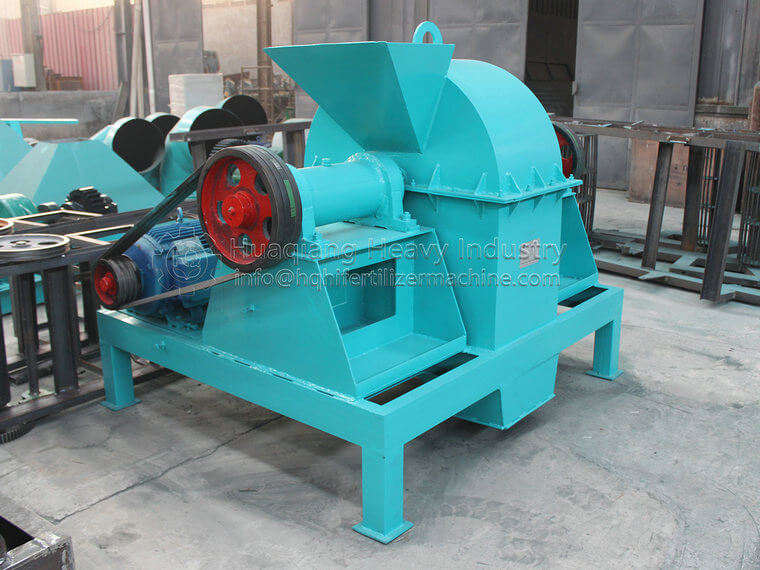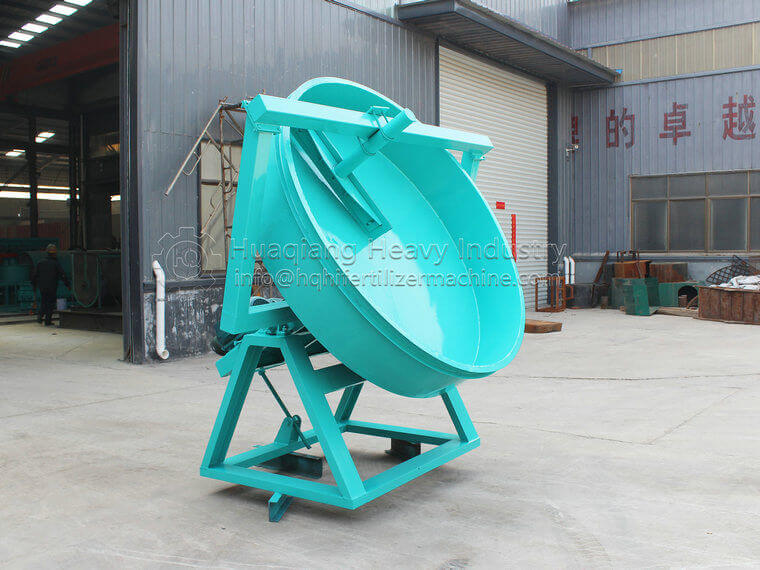The advantages of roller extrusion granulator in the production line of cow manure organic fertilizer
In the production line of cow manure organic fertilizer, the roller extrusion granulator has shown significant advantages due to its unique performance and functions, including:
1. Efficient compaction
The roller extrusion granulator compresses loose cow manure material tightly into hard particles through the strong pressure between two relatively rotating roller shafts, making it particularly suitable for processing organic materials with certain humidity.
2. Powerful granulation ability
Capable of generating high-strength and dense particles that are not easily broken, suitable for long-distance transportation and long-term storage.
3. Multifunctionality
It can process various organic materials, in addition to cow manure, it is also suitable for granulation of various organic wastes such as straw, chicken manure, pig manure, etc., with a wide range of applications.
4. Precise control
Users can adjust the gap and pressure between the rollers according to their needs, thereby finely controlling the size and shape of particles to meet specific requirements of different markets.
5. Easy to maintain
The structural design is simple and relatively easy to maintain, reducing downtime and maintenance costs.
6. Continuous production
Support continuous operations, able to maintain stable and efficient production rates for a long time, very suitable for large-scale industrial production.
7. Environmentally friendly
The noise and dust generated during the production process are minimal, with little impact on the working environment, which meets the requirements of modern industrial production for environmental protection.
8. Cost effectiveness
Compared to other types of organic fertilizer granulators, investment has a high cost-effectiveness and low long-term operating costs, making it an ideal choice for small and medium-sized organic fertilizer manufacturers.
The roller extrusion granulator plays a key role in the production line of cow manure organic fertilizer, and its high performance and reliability make it an important guarantee for improving production capacity and ensuring product quality. With the continuous innovation of technology, the efficiency and accuracy of this granulator will continue to improve, injecting new vitality into the development of the organic fertilizer industry.
.jpg)
.jpg)


.jpg)
.jpg)

.jpg)
